Home>Garden Essentials>How Long For Winter Peas To Germinate
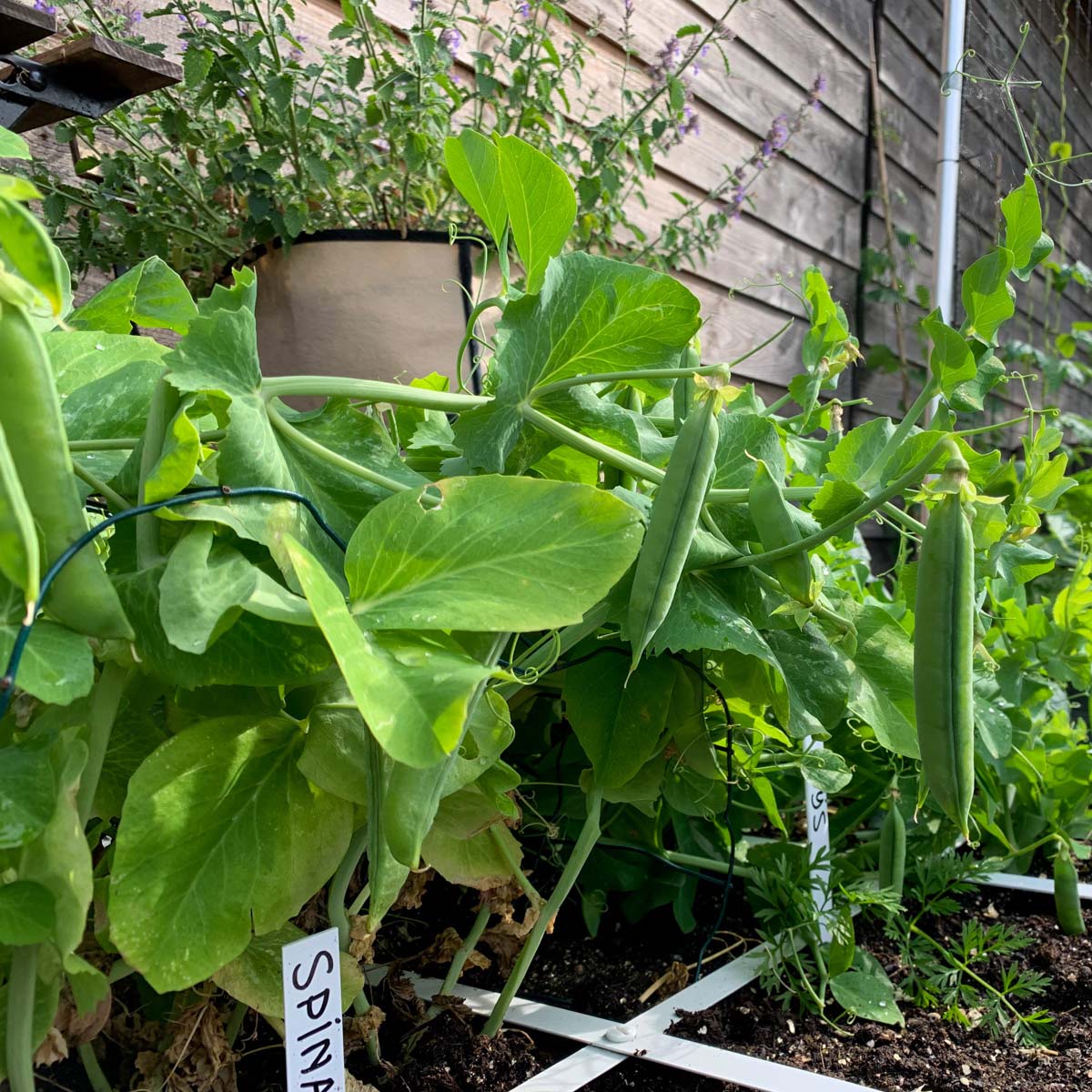

Garden Essentials
How Long For Winter Peas To Germinate
Modified: March 24, 2024
Discover how long it takes for winter peas to germinate in your garden. Get expert tips and optimize your planting strategy for a successful harvest.
(Many of the links in this article redirect to a specific reviewed product. Your purchase of these products through affiliate links helps to generate commission for Storables.com, at no extra cost. Learn more)
Introduction
Welcome to the wonderful world of winter peas! If you’re a gardening enthusiast or a farmer looking to grow this versatile legume, understanding the germination process is essential to ensure successful cultivation. Winter peas, scientifically known as Pisum sativum var. arvense, are cold-tolerant plants that can withstand the harsh conditions of winter, making them an excellent choice for cover crops, forage, or even for adding diversity to your garden.
In this article, we will explore the factors affecting the germination time of winter peas, the ideal conditions for germination, the germination process itself, average germination times, and how to speed up germination. We will also discuss common challenges that you may encounter during the germination process and provide troubleshooting tips.
So, whether you’re a seasoned gardener or just starting out, let’s dive into the fascinating journey of winter pea germination and learn how to maximize your chances of success!
Key Takeaways:
- Winter peas take 7 to 14 days to germinate, but factors like temperature and seed quality can affect this. Patience and proper care are key to successful germination.
- To speed up winter pea germination, try pre-soaking seeds, providing warmth and moisture, and using high-quality seeds. Overcoming challenges like slow germination and seed rot is part of the rewarding gardening journey.
Read more: How Long For Snap Peas To Germinate
Factors Affecting Germination Time
The germination time of winter peas is influenced by several key factors that interact with one another to determine how quickly the seeds will sprout. Understanding these factors will help you optimize conditions for germination and ensure a higher success rate.
1. Temperature: Temperature plays a crucial role in determining germination time. Winter peas thrive in cool temperatures, with optimal germination occurring between 40°F (4°C) and 70°F (21°C). Warmer temperatures may promote faster germination, while colder temperatures can delay or even inhibit germination.
2. Moisture: Adequate moisture is another essential factor in promoting germination. Winter peas require damp soil for the seeds to imbibe water and initiate the germination process. Dry soil can prevent proper seed hydration and slow down germination, while excessively waterlogged soil can lead to rotting of the seeds.
3. Oxygen: Like all plants, winter peas need oxygen to respire and initiate the metabolic processes required for germination. Proper soil aeration is crucial to ensure an adequate supply of oxygen to the seeds. Compacted or waterlogged soil can limit oxygen availability and hinder germination.
4. Seed Quality: The quality of the seeds you use can significantly impact germination time. It is essential to source high-quality winter pea seeds from reputable suppliers to maximize germination success. Older or damaged seeds may have a reduced viability, which can lead to longer germination times or even failure.
5. Seed Treatment: Some gardeners opt to treat winter pea seeds before planting to enhance germination. Treatments such as scarification, which involves nicking or scratching the seed coat, can help water penetrate the seed and speed up germination. However, it’s crucial to follow recommended techniques and timings for seed treatment.
By understanding and optimizing these factors, you can effectively influence the germination time of your winter peas, giving them the best chance to sprout and thrive.
Ideal Conditions for Winter Pea Germination
Creating the ideal conditions for winter pea germination is vital to ensure a successful start for your plants. By providing the optimal environment, you can maximize germination rates and promote healthy seedling growth. Here are some key factors to consider:
1. Soil Preparation: Start by preparing the soil before planting your winter pea seeds. The soil should be well-drained, loose, and rich in organic matter. You can achieve this by incorporating compost or well-rotted manure into the soil. Avoid heavy clay soils or areas prone to waterlogging, as they can hinder germination.
2. Moisture: Adequate moisture is crucial for germination. Ensure that the soil is consistently moist but not overly saturated during the germination process. You can achieve this by watering the soil lightly and regularly until the seeds sprout. Avoid letting the soil dry out completely, as it can delay or prevent germination.
3. Temperature: Winter peas prefer cool temperatures for germination. Aim for a soil temperature between 40°F (4°C) and 70°F (21°C). If the soil temperature is too high, it can inhibit germination or cause poor seedling growth. Consider planting the seeds in early spring or late summer/early fall when temperatures are within the optimal range.
4. Sunlight: Winter peas thrive in full sun but can tolerate partial shade. Ensure that the planting area receives at least 6-8 hours of direct sunlight per day. Avoid planting in areas with excessive shade, as it can result in weak seedlings and slow germination.
5. pH Level: Winter peas prefer slightly acidic to neutral soil with a pH range of 6.0-7.0. Test the soil’s pH and, if necessary, adjust it using lime to raise the pH or sulfur to lower it. Proper pH levels ensure optimal nutrient availability for the seeds during germination.
By providing the ideal conditions of well-drained, moist soil, cool temperatures, adequate sunlight, and optimal pH levels, you can create an environment that promotes successful winter pea germination. Remember to monitor the conditions regularly and make adjustments as needed to ensure the best possible start for your plants.
The Germination Process of Winter Peas
The germination process of winter peas is a fascinating journey that begins with the seed and ends with the emergence of a young seedling. Understanding this process will help you appreciate the steps involved and make necessary adjustments to ensure successful germination. Let’s explore the stages of the germination process:
1. Imbibition: The germination process starts when the winter pea seed absorbs water through its seed coat. This process, called imbibition, allows the seed to swell and soften, triggering the biochemical changes necessary for germination.
2. Activation of Enzymes: With the absorption of water, enzymes within the seed become activated. These enzymes break down stored nutrients within the seed, such as carbohydrates and proteins, into simpler forms that provide energy and building blocks for the developing seedling.
3. Radicle Emergence: As the seed swells and the metabolic activity increases, the radicle, the embryonic root, emerges from the seed. The radicle begins to grow downwards into the soil in search of water and nutrients.
4. Shoot Development: Alongside the growth of the radicle, the shoot starts to develop. The shoot consists of the embryonic stem and the first leaves, called cotyledons. The cotyledons serve as energy reserves, providing nourishment to the developing seedling until it can produce its own food through photosynthesis.
5. Leaf Expansion: As the seedling continues to grow, the cotyledons unfurl, and the first true leaves, known as the primary leaves, develop. These leaves expand and begin the process of photosynthesis, converting sunlight into energy for the growing plant.
6. Root Growth: Simultaneously, the root system of the winter pea seedling continues to grow, branching out to explore the soil for nutrients and water. A well-developed root system helps anchor the plant and ensures its continued access to vital resources.
7. Emergence: Finally, after a period of growth and development, the winter pea seedling emerges from the soil, ready to embark on its journey towards maturity.
Understanding the germination process of winter peas allows you to appreciate the intricacies that contribute to successful seedling establishment. By providing the optimal conditions of moisture, temperature, and nutrition, you can promote healthy germination and set your winter peas off to a strong start.
Winter peas typically germinate within 7-14 days when planted in well-drained soil with a temperature of 40-60°F. Keep the soil consistently moist to help speed up the germination process.
The Average Germination Time for Winter Peas
The germination time of winter peas can vary depending on various factors, including environmental conditions, seed quality, and seed treatment. On average, winter peas take around 7 to 14 days to germinate, but this can vary from 5 to 21 days.
Temperature plays a significant role in the germination time. Warmer temperatures within the optimal range of 40°F (4°C) to 70°F (21°C) can speed up germination and result in faster seedling emergence. However, if the temperature drops below 40°F (4°C) or exceeds 70°F (21°C), germination can be significantly delayed or even inhibited.
The condition and quality of the seeds also impact germination time. High-quality seeds that are fresh and properly stored tend to have higher germination rates and faster germination times. It’s important to source your winter pea seeds from reputable suppliers to ensure optimal seed quality.
Seed treatments, such as scarification or soaking in water prior to planting, can also impact germination time. Scarification, which involves breaking or thinning the seed coat, facilitates water absorption and can accelerate germination. Soaking the seeds in water overnight before planting can also help soften the seed coat and promote faster germination.
It’s important to note that while the average germination time for winter peas is around 7 to 14 days, germination can sometimes be delayed due to suboptimal conditions or other factors. Patience is key during the germination process, and it’s important to provide consistent moisture, temperature, and care to encourage successful seedling emergence.
Monitoring the progress of your winter peas is crucial during this period. Regularly check the planting area for any signs of germination, such as tiny sprouts or seedling emergence. If you notice any issues, such as slow or uneven germination, it may be necessary to make adjustments to the environmental conditions or seek advice from gardening experts.
Remember that germination is just the first step in the life cycle of winter peas. Once your seeds have germinated, continue to provide optimal growing conditions, including proper sunlight, water, and nutrients, to ensure healthy seedling development and a successful harvest.
Read more: How Long Do Snow Peas Take To Germinate
Speeding Up Germination Time
If you’re eager to see your winter peas sprout and begin their journey towards growth, there are a few strategies you can employ to speed up the germination time:
1. Pre-Soaking: Soaking winter pea seeds in water for several hours or overnight before planting can help soften the seed coat and promote faster water absorption during germination. This can accelerate the germination process and lead to quicker seedling emergence.
2. Seed Scarification: Scarification involves gently nicking or scratching the seed coat to break its protective barrier. This process can enhance water absorption and promote faster germination. You can use a small file, sandpaper, or even a knife to carefully scarify the seeds before planting.
3. Warmth and Moisture: Providing consistent warmth and moisture can speed up the germination process. Ensure that your planting area maintains a temperature within the optimal range of 40°F (4°C) to 70°F (21°C). Use a greenhouse, heating mat, or even a plastic cover to create a warm and humid microclimate for the seeds.
4. Proper Watering: Maintaining the right moisture levels is crucial for quick germination. Keep the soil consistently moist but avoid waterlogging, which can lead to seed rot. Regularly check the soil moisture and water lightly as needed to ensure optimal conditions for germination.
5. Optimized Lighting: Winter peas benefit from full sun exposure. Ensure that your planting area receives at least 6-8 hours of direct sunlight per day. Adequate light promotes healthy growth and can accelerate seedling emergence.
6. Seed Quality: Using high-quality, fresh winter pea seeds is essential for faster germination. Purchase seeds from reputable suppliers and avoid using old or damaged seeds that may have reduced viability and longer germination times.
7. Avoiding Seedling Competition: Planting winter peas in a cleared and weed-free area can help them establish quickly without competition from weeds. Remove any weeds or other plants from the planting area before sowing your winter pea seeds.
By implementing these strategies, you can potentially shorten the germination time of your winter peas and enjoy the sight of sprouting seedlings sooner. However, it’s important to remember that each seed is unique, and some variation in germination time is normal. Be patient and provide the optimal conditions for your winter peas to thrive.
Common Challenges and Troubleshooting
While winter pea germination is generally a straightforward process, there are some common challenges that you may encounter. Here are a few common issues and troubleshooting tips to help you overcome them:
1. Slow Germination: If you notice slow or uneven germination, it could be due to suboptimal conditions. Ensure that the soil is consistently moist but not waterlogged, and maintain the recommended temperature range of 40°F (4°C) to 70°F (21°C). If the soil is too cold, consider using a heating mat or covering the planting area to create a warmer microclimate.
2. Seed Rot: Waterlogged or poorly-drained soil can lead to seed rot, where the seeds become mushy or discolored and fail to germinate. To prevent seed rot, ensure that the soil has proper drainage and avoid overwatering. If seed rot occurs, remove the affected seeds and adjust your watering practices.
3. Pests and Diseases: Winter peas are generally resistant to pests and diseases, but occasionally they may be susceptible to certain issues. Keep an eye out for common pests like aphids or diseases like powdery mildew. Regularly inspect your plants, and if necessary, consult with a local gardening expert for appropriate pest and disease control measures.
4. Poor Seed Quality: The quality of the seeds you use can greatly affect germination. Using old, damaged, or low-quality seeds may result in poor germination rates or longer germination times. Ensure that you purchase high-quality winter pea seeds from reputable suppliers to maximize your chances of success.
5. Weed Competition: Weeds can compete with winter pea seedlings for nutrients, water, and sunlight. It is important to remove any weeds in the planting area before sowing the winter pea seeds. Regular weeding and mulching can help suppress weed growth and give your plants a better chance to establish themselves.
6. Nutrient Imbalances: Winter peas, like all plants, require adequate nutrients for healthy growth. Soil testing can help identify any nutrient imbalances or deficiencies. If necessary, amend the soil with organic matter or a balanced fertilizer according to the recommendations provided by the soil test results.
7. Environmental Factors: Unpredictable weather conditions, such as late frosts or extreme heat, can affect winter pea germination. Protect your seeds and seedlings from adverse weather conditions by using frost covers or providing shade if temperatures rise above the optimal range.
If you encounter any of these challenges during the germination process, take prompt action to address them. Seek guidance from gardening experts, consult local resources, or join online gardening communities to gain insights and support from experienced gardeners.
Remember, challenges are part of the gardening journey, and troubleshooting and learning from them will enhance your skills as a gardener.
Conclusion
Growing winter peas is a rewarding endeavor that can benefit your garden, farm, or landscape. Understanding the germination process and optimizing the conditions for successful germination is key to ensuring healthy seedling development and a bountiful harvest. By considering factors such as temperature, moisture, soil preparation, and seed quality, you can create the ideal conditions for your winter peas to thrive.
While the average germination time for winter peas ranges from 7 to 14 days, it’s important to remember that this can vary depending on various factors. By employing techniques such as pre-soaking, scarification, and providing consistent warmth, moisture, and light, you can potentially speed up the germination process and witness the emergence of seedlings sooner.
Like any gardening undertaking, winter pea germination may come with its challenges. Slow germination, seed rot, pests, diseases, nutrient imbalances, weed competition, and environmental factors can affect the germination process. However, by troubleshooting these challenges and seeking advice when needed, you can overcome them and achieve successful germination and healthy plant growth.
Remember to monitor your winter peas closely during the germination period and provide the necessary care and attention. Patience, proper watering, and adequate sunlight are key elements in nurturing and sustaining your winter pea seedlings.
As your winter peas continue to grow and mature, ensure they receive proper nutrition, water, and a supportive environment. With patience, dedication, and a bit of knowledge, you can enjoy the beauty and benefits of winter pea cultivation, whether it’s as a cover crop, forage, or a delightful addition to your garden.
So, get ready to embark on the journey of winter pea germination, and witness the magic of these versatile legumes as they sprout, grow, and thrive in your garden!
Frequently Asked Questions about How Long For Winter Peas To Germinate
Was this page helpful?
At Storables.com, we guarantee accurate and reliable information. Our content, validated by Expert Board Contributors, is crafted following stringent Editorial Policies. We're committed to providing you with well-researched, expert-backed insights for all your informational needs.
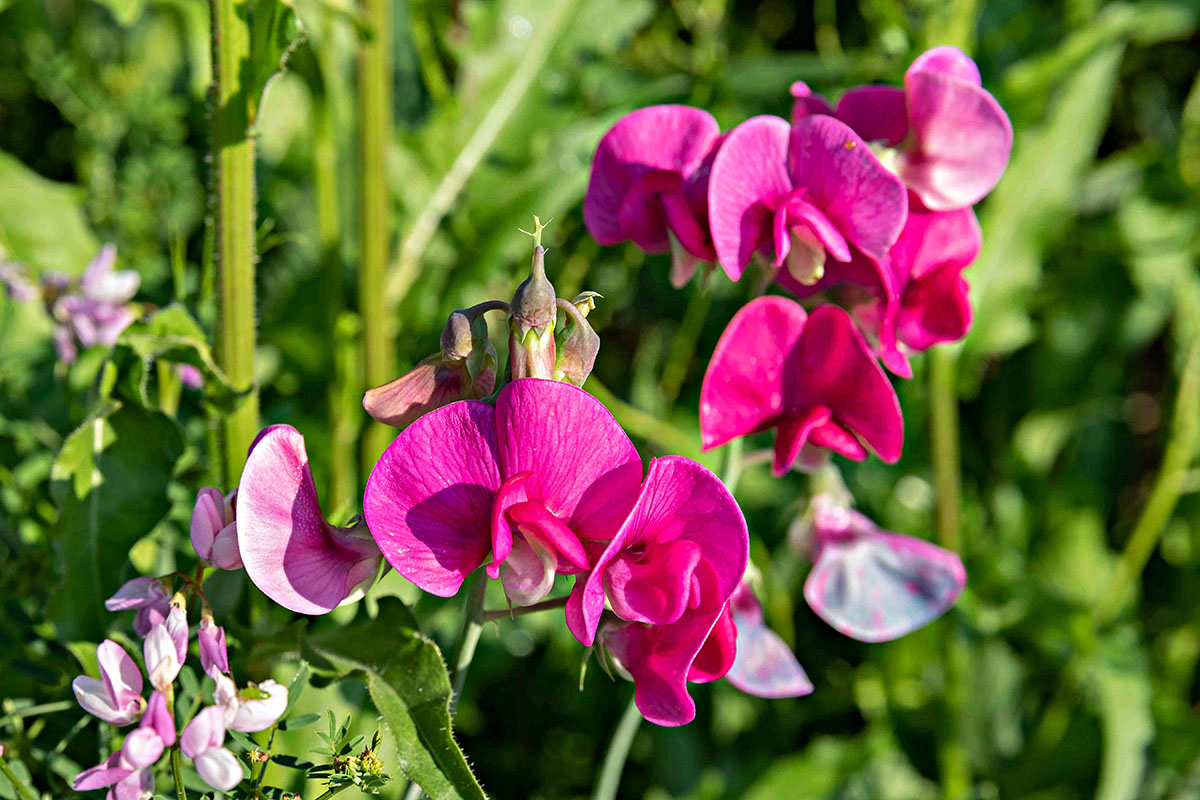
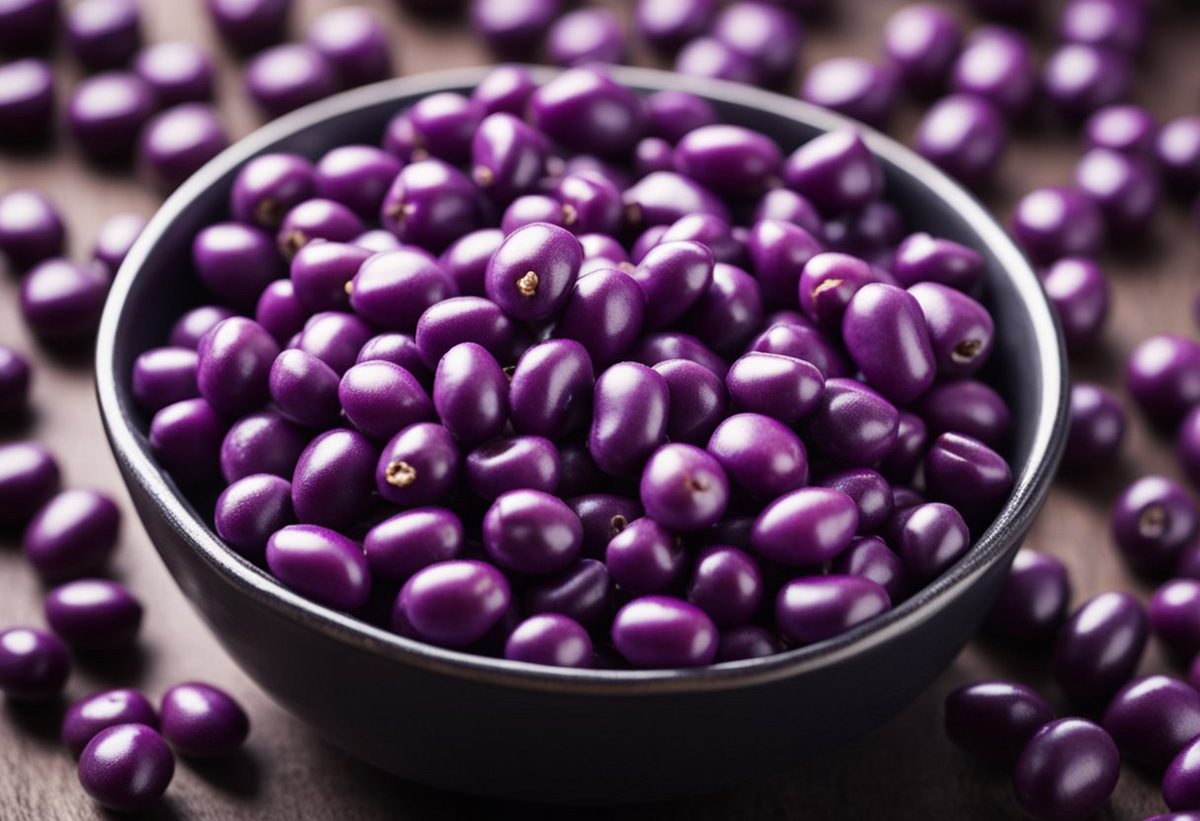
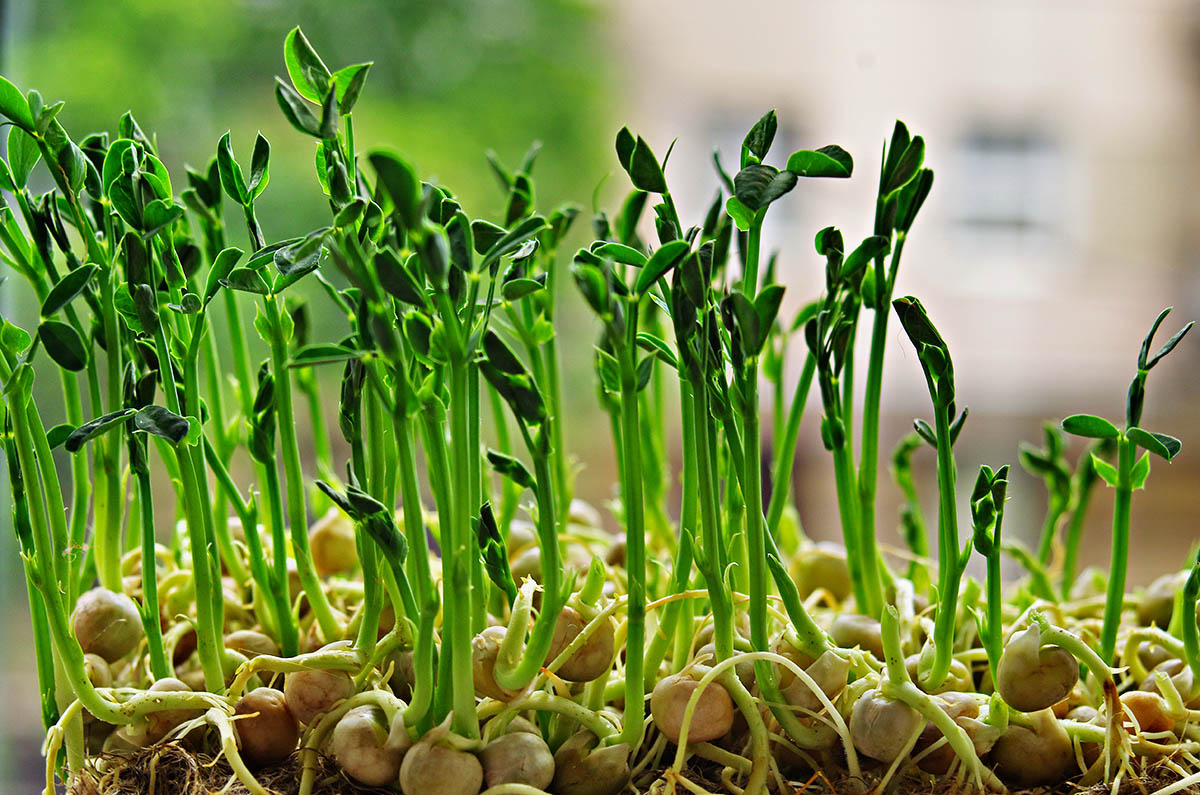
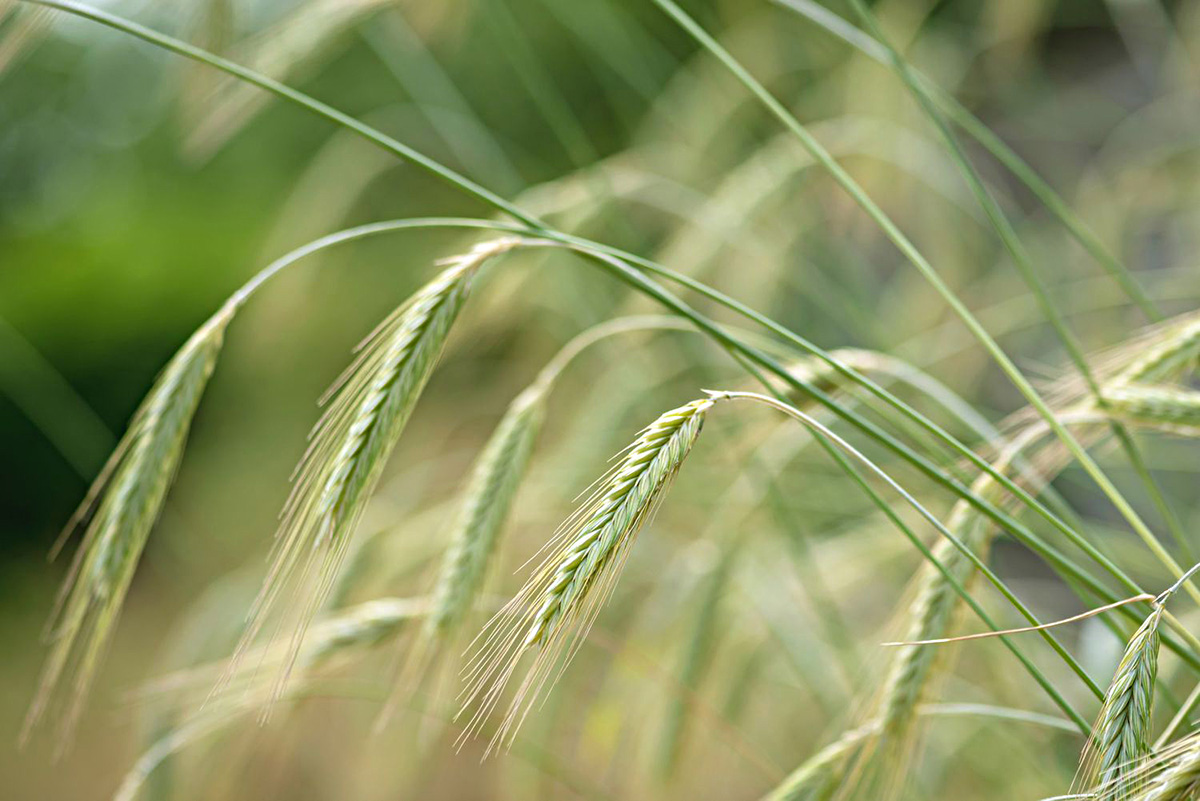
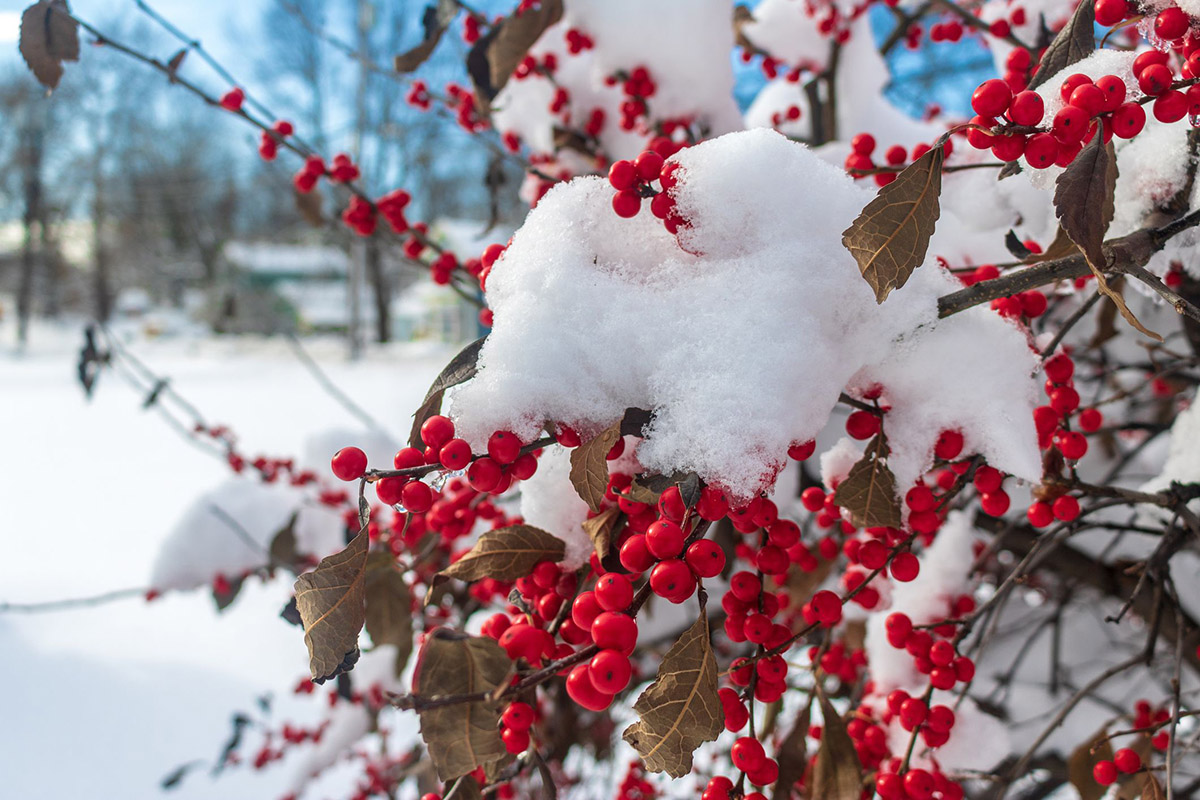
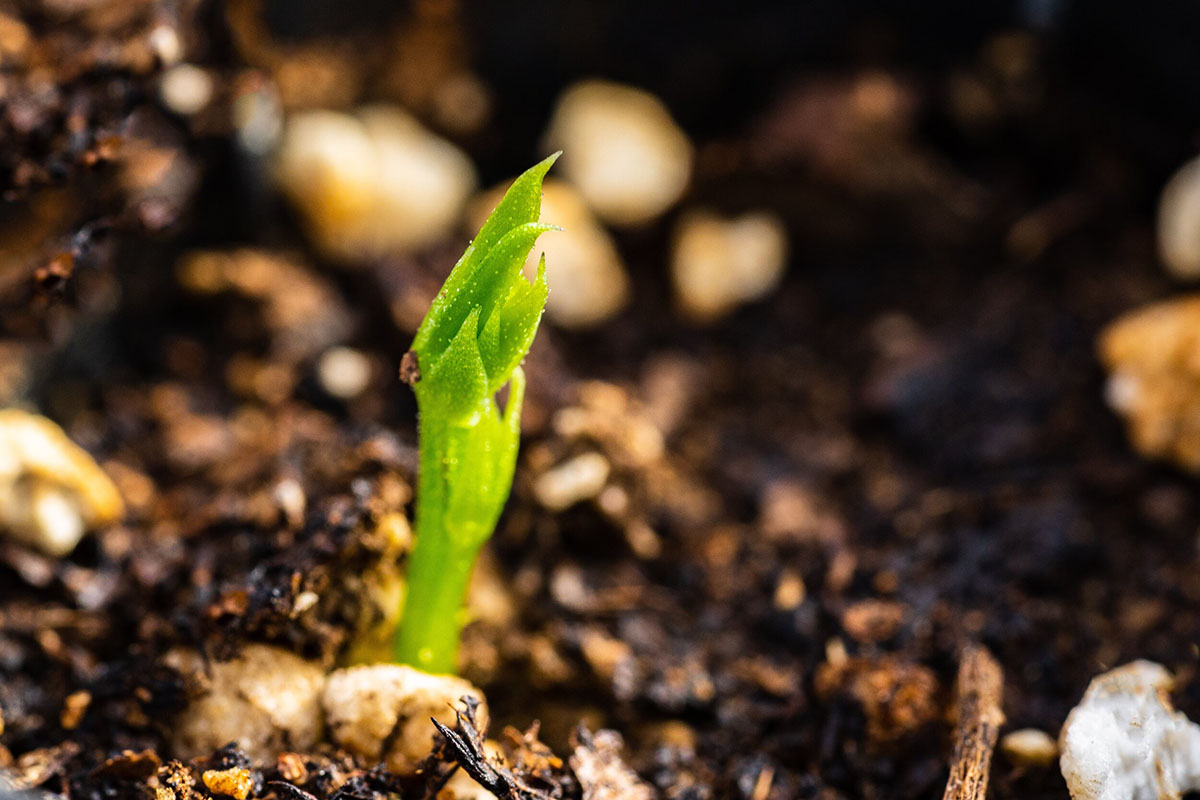
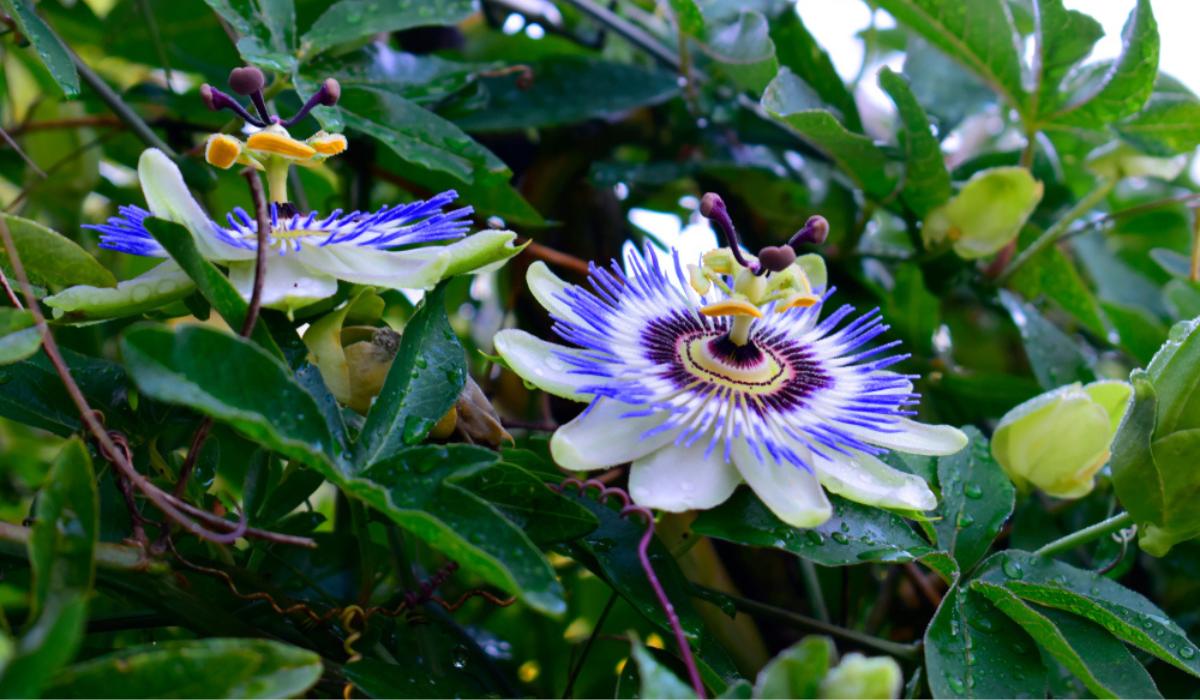
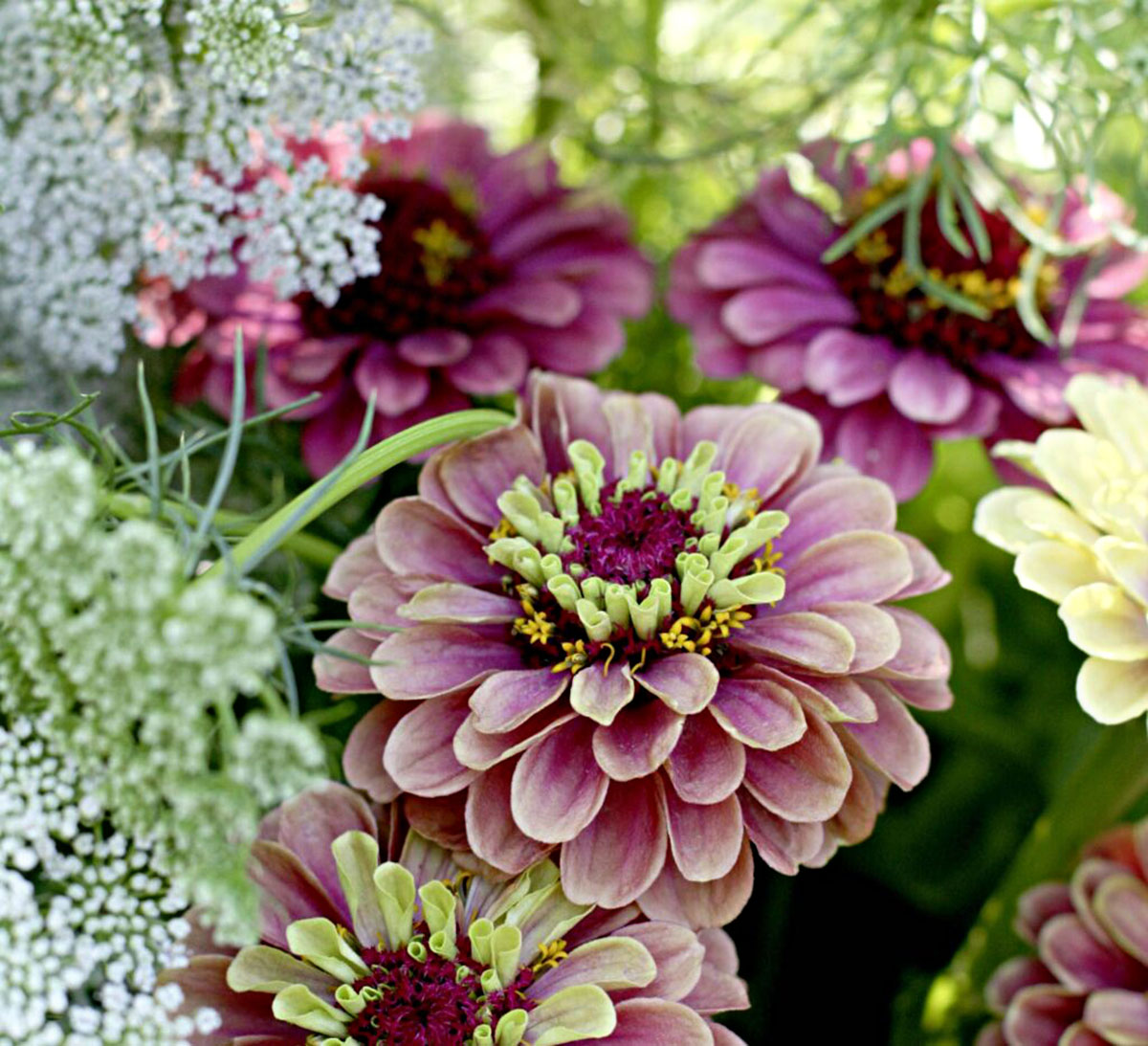
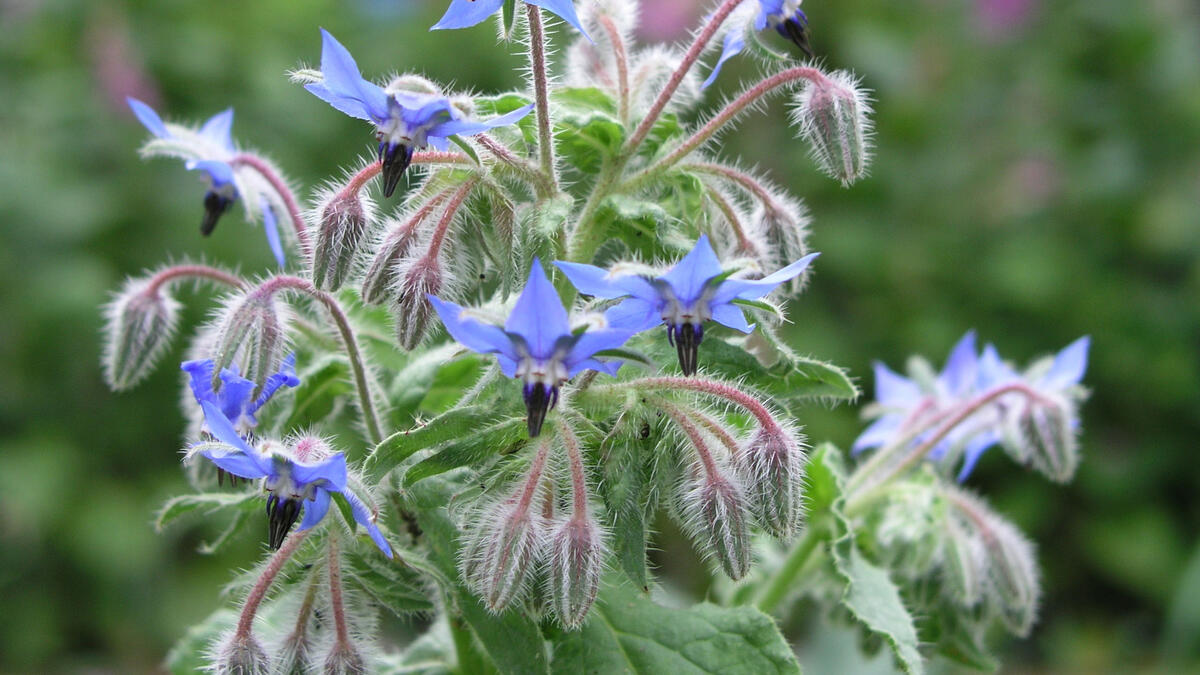
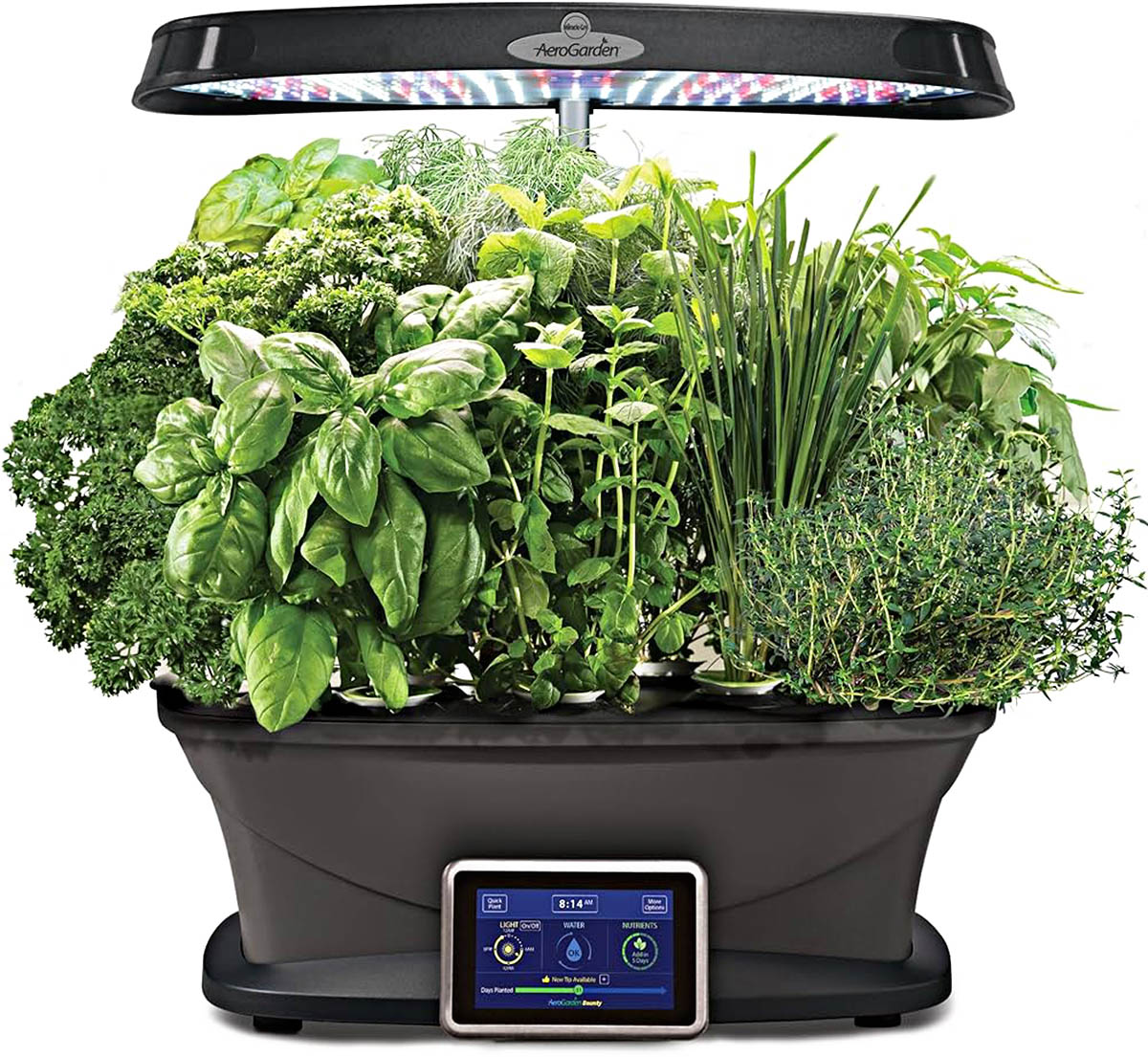
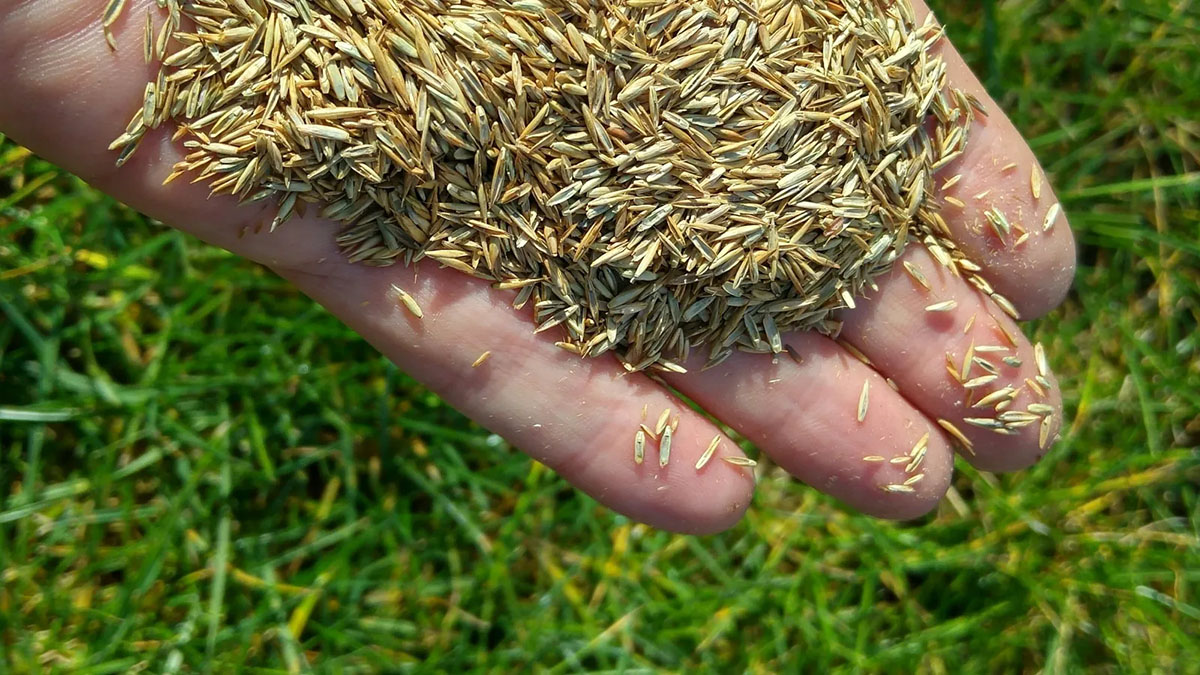
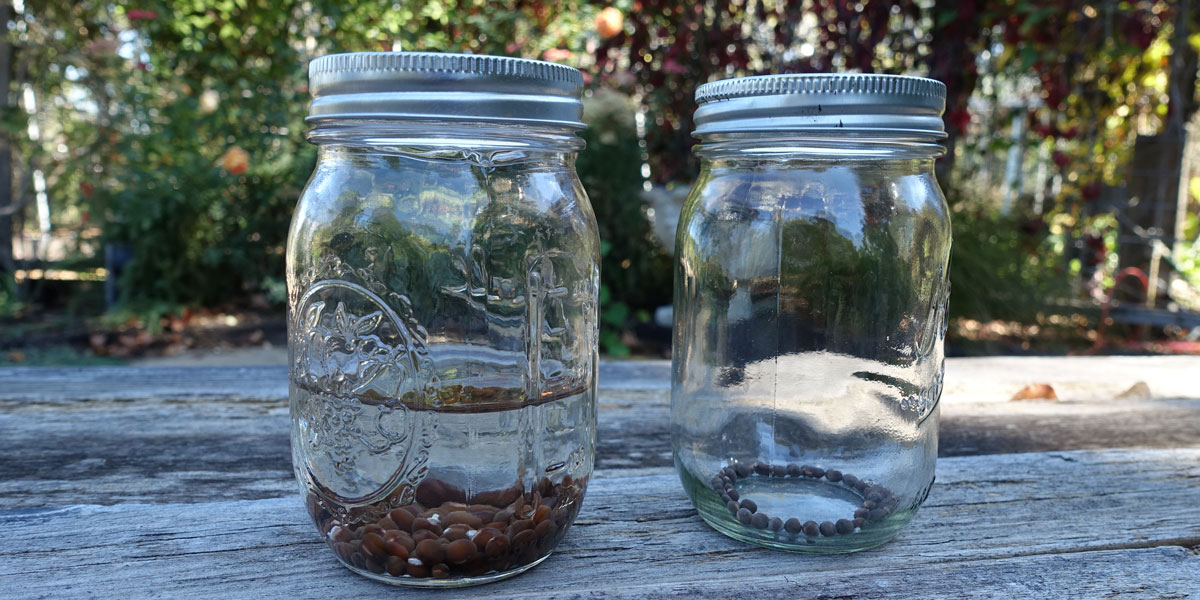
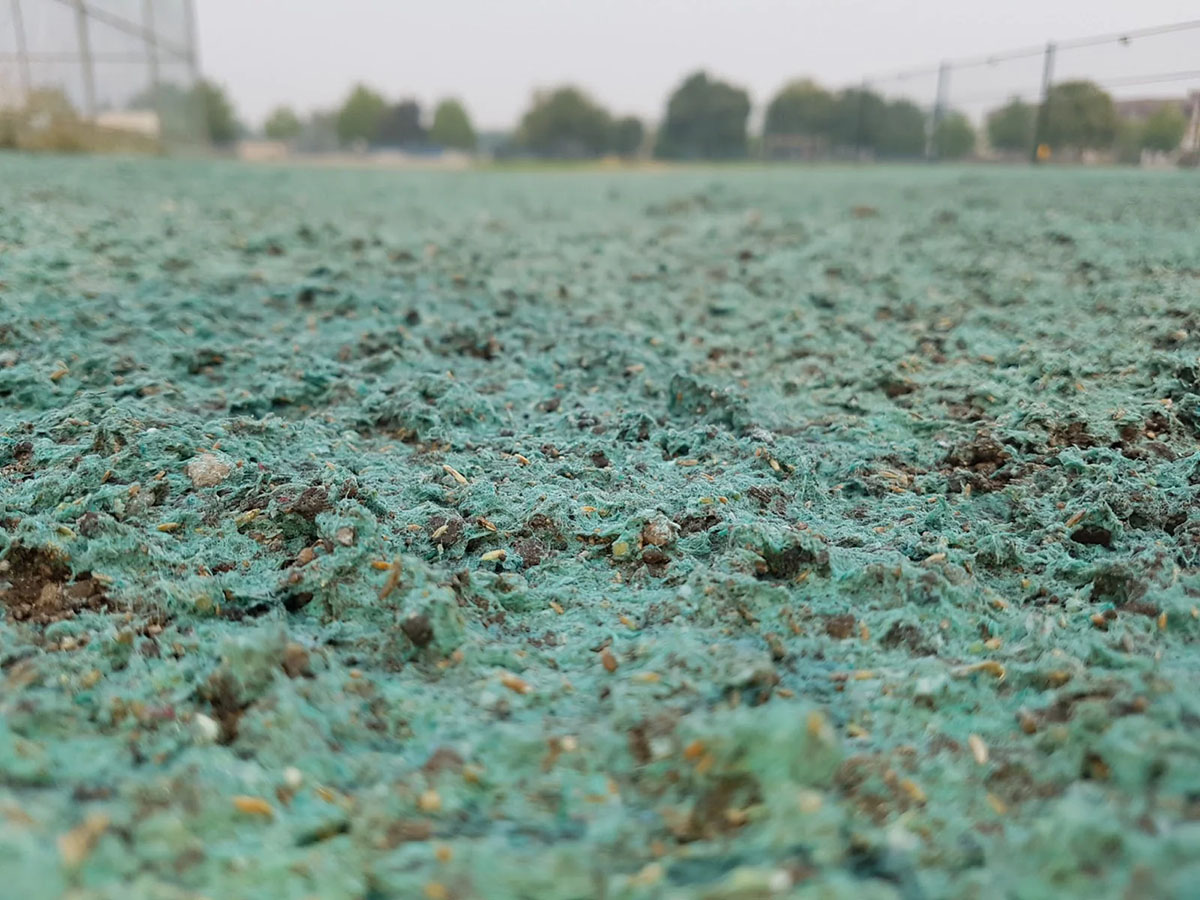
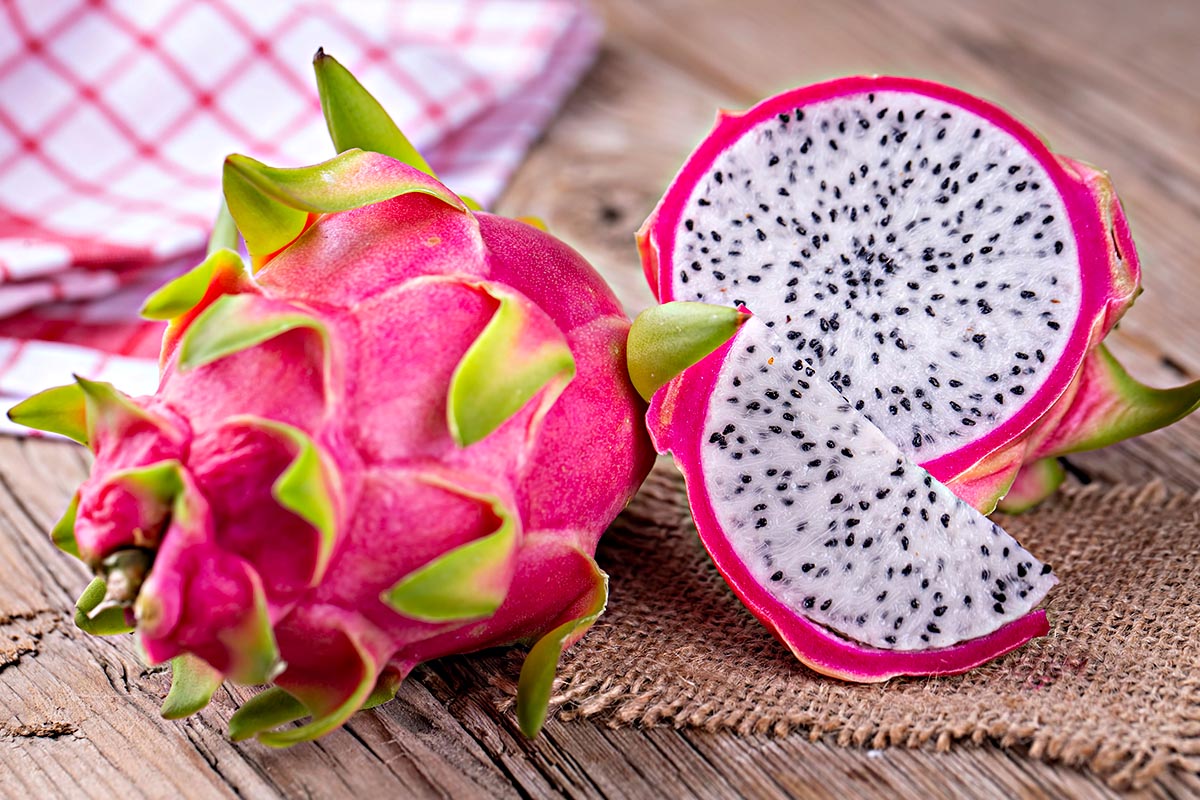

0 thoughts on “How Long For Winter Peas To Germinate”